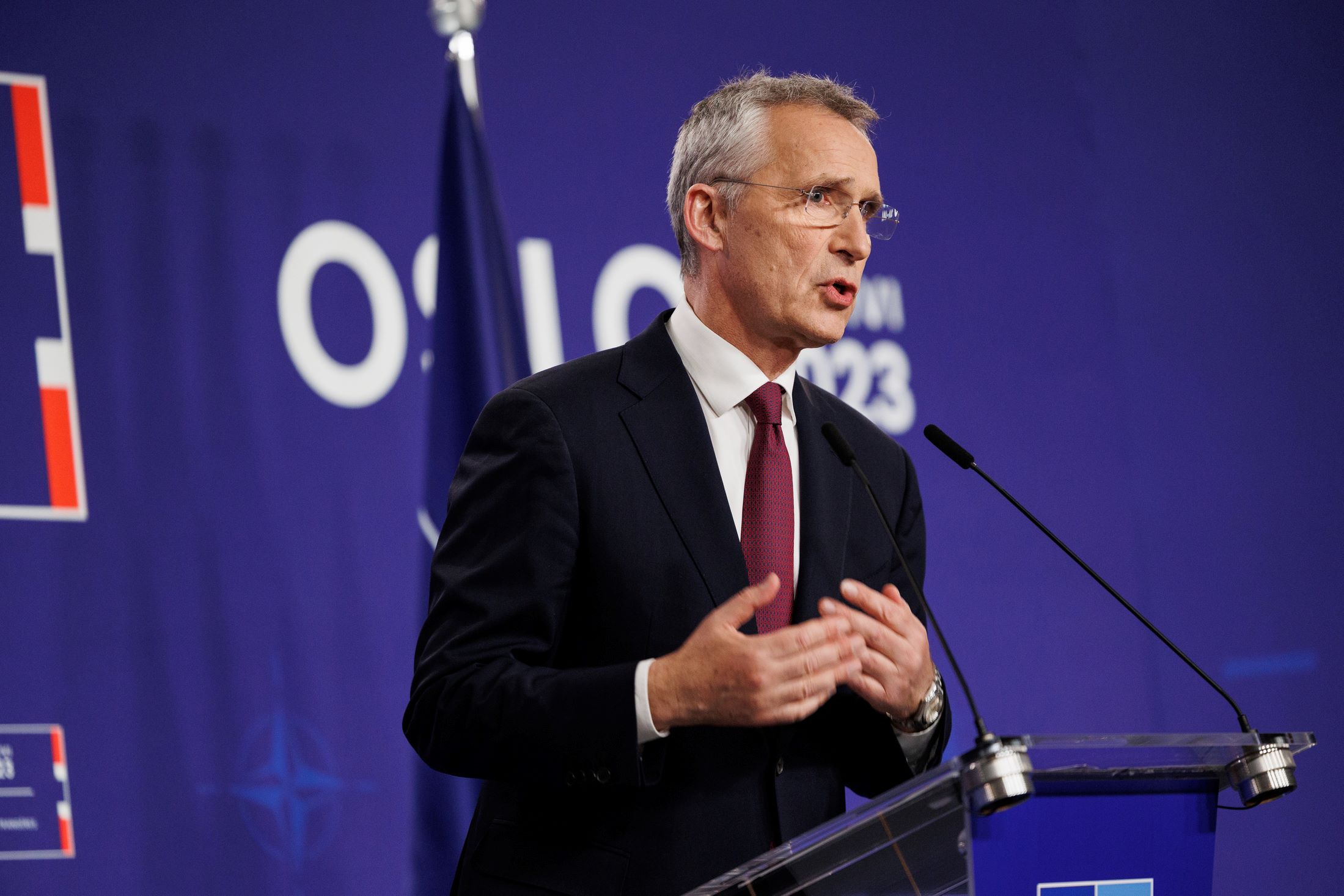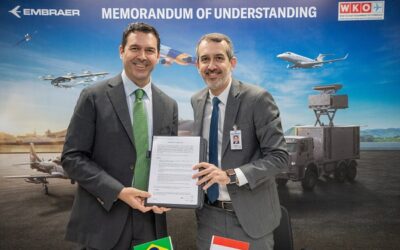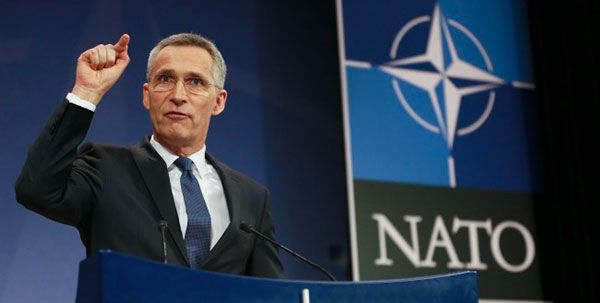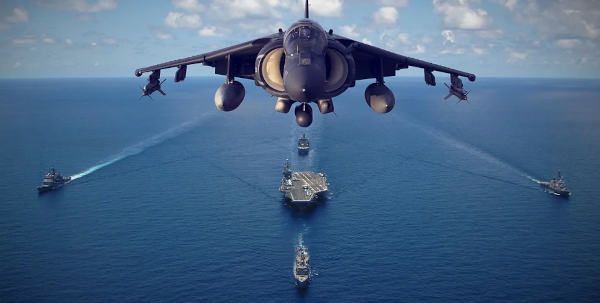Doubts and Concerns Proliferate, However
On 1 June in Oslo, NATO members agreed in principle to Ukraine’s accession to the alliance, something that – vague statements aside – was unthinkable prior to Putin’s invasion. However, it is opening multiple debates over the whens, hows and potential consequences.
At the informal meeting ahead of July’s Vilnius summit, ministers confirmed member states are willing to agree on Ukraine’s future membership. “The focus today was on how we can bring Ukraine closer to NATO, where it belongs,” Secretary General Jens Stoltenberg told journalists. But, as NATO’s rules forbid welcoming new members whose internal situation is unstable, it first seeks to make sure that “Ukraine prevails as a sovereign and independent state,” which means more support, more weapons, and continuing to keep NATO outside the conflict.
Regardless of official declarations, the alliance is de facto deeply involved. Consider how military aid has been stepped up as the conflict has escalated – now including long-range cruise missiles provided by the UK and commitments regarding F-16s. Support for accession and increased military aid were nothing more than a pipe dream for Ukrainians before the Russian attack.
This increasing involvement brings potentially severe consequences when it comes to the risk of further escalation. NATO members do not fully share the same positions, despite supportive rhetoric. On the one hand, Estonia and Poland issued statements supporting Kyiv’s accession. In contrast, other countries, such as France and Germany are far more cautious, while the US seems more positive than in the past, with Secretary of State, Anthony Blinken, talking about potential “critical steps” to be taken on the matter in Vilnius.
The most likely solutions, for now, might be some sort of upgraded relationship, somehow guaranteeing Ukraine’s inclusion in the Euro-Atlantic security order – akin, perhaps, to the situation pertaining to Israel and Sweden – and establishment of a joint consultative forum with Ukraine to discuss security issues. Linked to that will be discussion on a multi-year programme ensuring a gradual shift of Ukrainian forces from Soviet to NATO-compatible assets, with more joint exercises, increased investments, and greater interoperability.
Ukraine’s future membership comes with other crucial issues, such as the formal shift of members commitment to 2% of GDP as the minimum allocation for defence – a goal agreed in the aftermath of Russia’s invasion of Crimea in 2014, but one that, so far, only a handful of member states has achieved. This will be another game-changing decision, one necessary to fulfil NATO’s new objectives, such as making Europe more capable of defending itself by improving deterrence and resilience, and making NATO itself more global, by further strengthening bonds with Indo-Pacific partners, given the expected Asia-Pacific pivot.
With these new pledges also comes the desire to welcome Sweden into the alliance during the Vilnius summit. Stockholm has approved a new anti-terrorism law in response to Turkey’s earlier opposition, centred on Sw3edish protection for some PKK militants. However, Hungary vetoed accession too – a further reason why the final decision is still up in the air.
In the meantime, NATO sent 700 extra troops to the Balkans after violent clashes took place in Kosovo between Serbs and police belonging to the Albanian-led government. The alliance is increasingly worried by the deterioration of the situation in the area, but, as Stoltenberg said, if needed, “we can deploy even more”.
Caterina Tani reporting from Brussels for MON

























